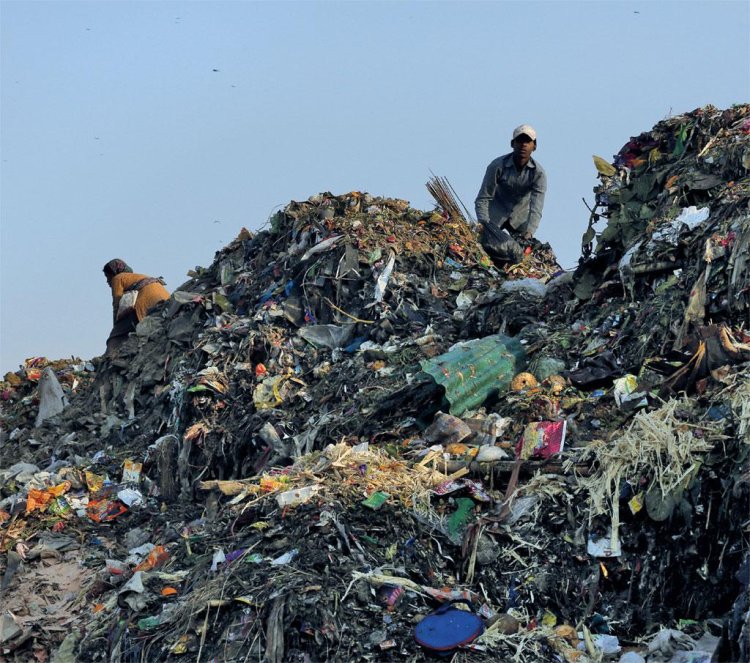Book addresses issue of solid waste management in India

New Delhi: Lack of strategic municipal solid waste plans, waste collection and segregation, a government finance regulatory framework, and general social attitudes of citizens are major barriers to achieving effective solid waste management in India, says a new book.
In "Pathways Of Waste to Wealth: A Reflective Roadmap Towards Social Entrepreneurship", Mangesh Surve discusses about the little action around waste management despite several talk and how people tend to refrain from taking up roles of social entrepreneurship for various factors like not enough awareness, guidance, or motivation towards it.
Surve, who has worked for more than 20 years in the field of managing wastes in India, wanted to motivate people concerned engineers to walk a similar path so that it benefits the country in the long run.
The vision is to make India pollution-free by converting waste to wealth.
According to the author, more and more people need to wake up to the reality and use the latest technologies in the field towards sustainable solutions.
He says his book is only the first step for anyone wanting to convert their interest of social work and entrepreneurship to reality, for there is an abundance of waste to be handled, which means there is a lot of work and opportunities to explore.
Surve suggests that the following changes are required to improve waste management in India: mindset shift, make urban local bodies responsible, setting up a strong independent authority, introduction of 'waste tax', accurate forecasts and monitoring systems, citizens made responsible for littering, waste segregation at source, project development by urban local bodies, and integrated understanding of waste management.
He says the current status of solid waste management in India is poor because the best and most appropriate methods from waste collection to disposal are not being used.
"Lack of strategic municipal solid waste plans, waste collection or segregation, a government finance regulatory framework, and general social attitudes of the citizens of the country are major barriers to achieving effective solid waste management in India," he writes in "Pathways Of Waste to Wealth", published by Adhyyan Books.
The author feels the population surge and development of smart cities or megacities are making solid waste management a bigger problem in India than it has ever been in the past.
"Cultural viewpoints further make public participation in dealing with the issues associated with waste management difficult. A general lack of awareness and ownership in the community would be one of the biggest challenges to break through, to cultivate an attitude that is critical towards developing a sustainable and effective waste management system for the country," he says.
"This can lead to an economically viable business model that ensures maximum resource extraction from waste, safe disposal of residual waste, and the development of the right infrastructure including engineered landfill and waste-to-energy facilities across the nation. This, encouraged by the right kind of education systems and trainings can ensure that qualified, competent, and motivated individuals take up leadership roles in tackling the matter at hand," he adds.















































